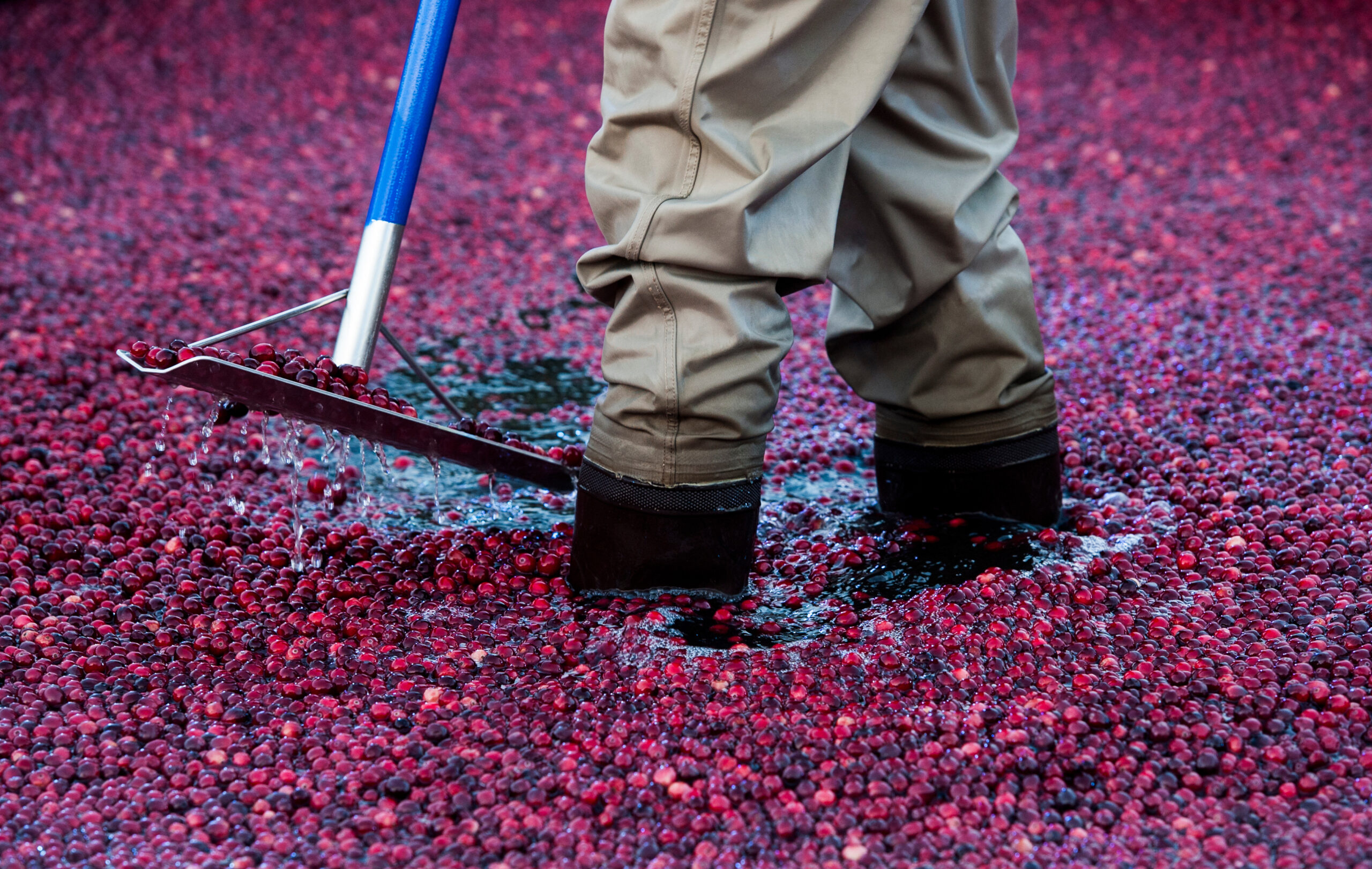Projects & success stories
In 2025 North Central Region individuals conducted 100 research studies in the Environmental Horticulture and Food Use programs.
Environmental Horticulture
2024-2025
Five individuals in MI and OH conducted 8 crop safety pesticide trials and 5 efficacy trials. These trials will continue in 2025. Pictured above is an ornamental crop safety trial for testing phytotoxicity of different pesticides in container production (Dr. Debalina Saha’s lab). Other pests researched include, but are not limited to, aphid, root aphid, phytopthora, boxwood foliar disease, botrytis, pythium, phytopythium, and the application of nematodes for pest control. More information on the ongoing environmental horticulture projects can be found here.
2026-2027
The North Central Region secured testing in powdery mildew (outdoors) efficacy, Lewis mite efficacy, and supported the following national priorities:
Weed Science
- Hydrangea (not macrophylla) pre-emergent herbicide crop safety
- Herbicide-resistant weed control in Christmas tree production; early post-emergent, semi-directed
- Cut flower pre-emergent (transplant)
- Perennial weed (thistle, bindweeds, nutsedges) control in cut peony
Plant Pathology
- Phytopythium Efficacy
- Phytophthora Efficacy
- Botrytis Efficacy
Entomology
- Thrips (parvispinus, chili and western flower) Efficacy
- Red-headed flea beetle (1st / 2nd instar larvae) efficacy—container nursery
- Root aphid efficacy
Food Use

2025
Twenty researchers in MI, WI, ND, SD, OH, MO and IN conducted 62 food crop trials, 21 product performance trials, and 4 integrated solution projects. In the picture above Celeste Wheeler is performing a boom calibration and Amber DeVisser is recording the calibration in the eFDB for a 2024 residue study in cherry.
2026
At the Food Use Workshop held in Sep. 2025, the North Central Region was able to secure testing products in dry bulb onion, spinach, lettuce, pea, bean, beet, tomato, pepper, cucumber, radish, cherry, peach, plum, highbush blueberry, grape, strawberry, safflower, buckwheat, sweet corn, sorghum for grain, sunflower, basil, mint, field pennycress, hops, and varroa mite control in honeybee. A summary of the NCR prorities can be found here and more information on these projects and others prioritized can be found on the IR-4 Food Use Workshop website.
Regional Highlights

The national IR-4 website highlighted the importance of IR-4’s research in cranberry. The article titled "Supporting a “Special” Specialty Crop: How IR-4 Helps Cranberry Growers Succeed" can be found here.

Allison Robinson, an IR-4 researcher at Ohio State, received the Technical Service Award in 2023 and was selected for a special interview. To read about Allison’s work with IR-4 click here.
For more articles on IR-4 individuals, research, and events visit the national website news page.
Annual Reports
- 2024 NCR IR-4 Annual Report
- 2023 NCR IR-4 Annual Report
- 2022 NCR IR-4 Annual Report
- 2021 NCR IR-4 Annual Report
- 2020 NCR IR-4 Annual Report
- 2019 NCR IR-4 Annual Report
- 2018 NCR IR-4 Annual Report
- 2016-2017 NCR IR-4 Annual Report
- 2016 NCR IR-4 Annual Report
- 2015 NCR IR-4 Annual Report
- 2014 NCR IR-4 Annual Report
Have a pest management problem (or solution) in mind?
Connect with the NCR team to get involved, submit a Project Request, or seek assistance:
Regional Field Coordinator:
Nicole Soldan
Michigan State University
Plant and Soil Sciences Building, Room A448
1066 Bogue St.
East Lansing, MI 48824
(517) 353-0416
schroe65@msu.edu




 Print
Print Email
Email